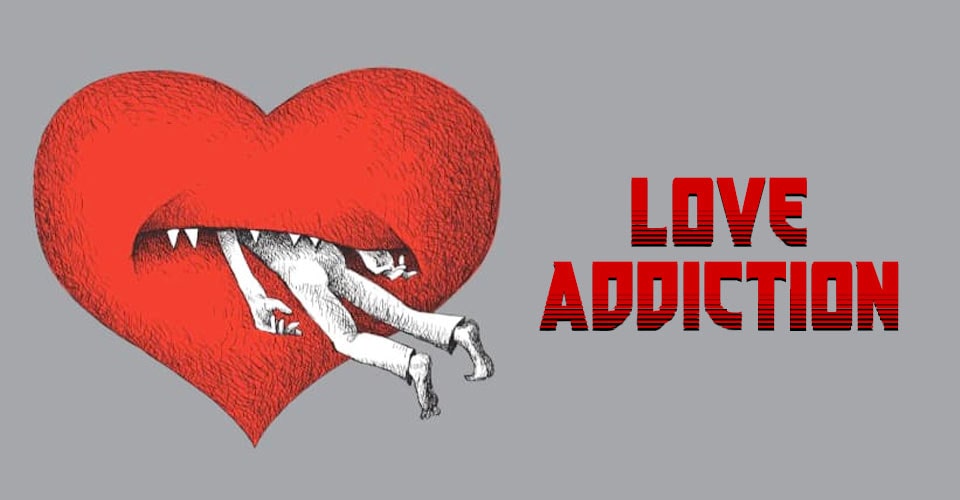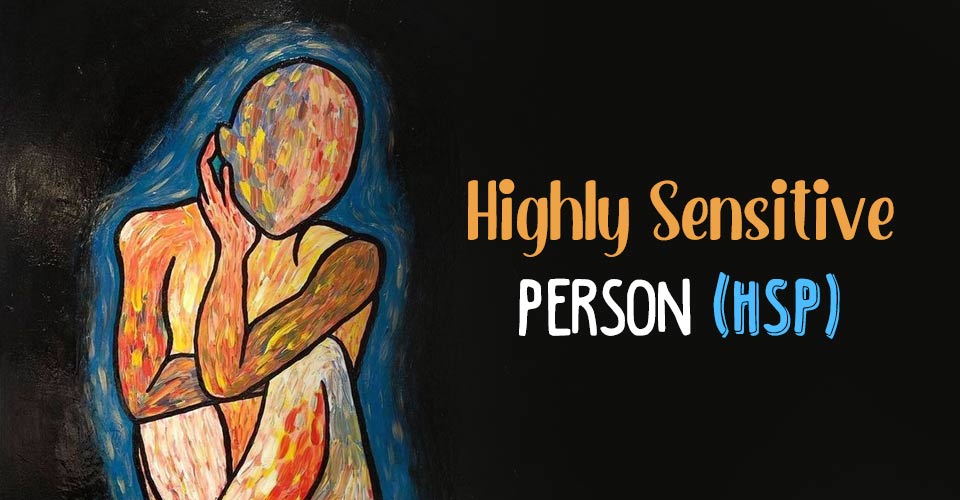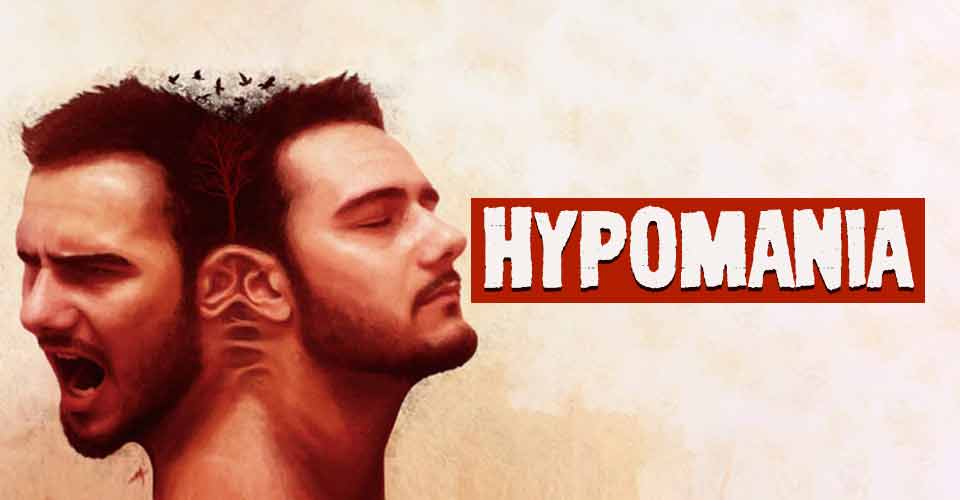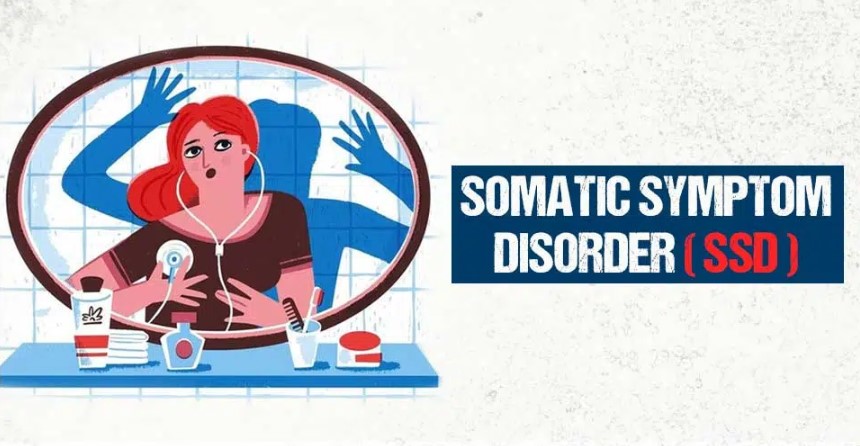Autophobia, the fear of isolation, can be debilitating. If you feel uneasy at the thought of being alone, then you may be suffering from autophobia. Learn more about this anxiety disorder and how to cope.
What Is Autophobia?
Autophobia is a mental health condition in which a person experiences intense anxiety or fear of loneliness, even if he/she is in a comfortable space. It stands unrecognized in the Diagnostic and Statistical Manual of Mental Disorders (DSM-5).
However, it has been included under the category of “specific phobias [mfn] Substance Abuse and Mental Health Services Administration. (2016, June). Table 3.11, DSM-IV to DSM-5 Specific Phobia Comparison. Nih.gov; Substance Abuse and Mental Health Services Administration (US). Available from: https://www.ncbi.nlm.nih.gov/books/NBK519704/table/ch3.t11/ [/mfn]” which include mental health conditions marked as fear or anxiety about a specific object or situation.
A person with autophobia constantly feels the need for companionship to feel safe. The affected person most likely develops a fear of:
- Strangers
- Intruders or burglars
- Feeling unloved or unwanted
- Becoming sick
- Being in a household accident
- Hearing sudden unexplained noises
The sufferer is not aware that his/her fear is not real and cannot harm him/her in real life. Consequently, he/she feels helpless when it comes to changing maladaptive thoughts or behavioral patterns.
Autophobia is quite a crippling disorder and, if left untreated, can negatively impact a person’s daily functioning, personal and professional lives, and social relationships.
Read More About Phobia Here
Prevalence Of Autophobia
Autophobia is considered a type of situational anxiety disorder. As a standalone phobia, it is extremely rare. However, it has a lifetime prevalence, affecting nearly 5.5–7.4% [mfn] Garcia R. (2017). Neurobiology of fear and specific phobias. Learning & memory (Cold Spring Harbor, N.Y.), 24(9), 462–471. https://doi.org/10.1101/lm.044115.116 [/mfn] of the global population. It is most commonly diagnosed as a comorbid condition occurring with anxiety disorders, substance use disorders, and other phobias.
Research [mfn] Wardenaar, K. J., Lim, C. C. W., Al-Hamzawi, A. O., Alonso, J., Andrade, L. H., Benjet, C., Bunting, B., de Girolamo, G., Demyttenaere, K., Florescu, S. E., Gureje, O., Hisateru, T., Hu, C., Huang, Y., Karam, E., Kiejna, A., Lepine, J. P., Navarro-Mateu, F., Oakley Browne, M., Piazza, M., … de Jonge, P. (2017). The cross-national epidemiology of specific phobia in the World Mental Health Surveys. Psychological medicine, 47(10), 1744–1760. https://doi.org/10.1017/S0033291717000174 [/mfn] reveals that autophobia often develops during childhood and tends to peak in later adulthood and old age. It has a higher prevalence in females than males.
Read More About Anxiety Disorder Here
Symptoms Of Autophobia
The common [mfn] Goodwin G. M. (2015). The overlap between anxiety, depression, and obsessive-compulsive disorder. Dialogues in clinical neuroscience, 17(3), 249–260. https://doi.org/10.31887/DCNS.2015.17.3/ggoodwin [/mfn] autophobia symptoms include:
- A sudden sensation of intense fear when left alone
- Extreme fear or anxiety about the mere thought of being alone
- Anxiety and stress from being unwanted or unloved
- Fear of sudden, unexplained noises
- Worrying about potential threats (associated with intruders, robberies, medical emergencies, etc)
- Depersonalization or a sense of detachment from one’s own body
- Low self-esteem and motivation
- Intense escapist urges
- Panic attacks
- Heart palpitations
- Hyperventilation
- Body aches (like headache, chest pain, etc.)
- Disordered sleep patterns
Causes Of Autophobia
Research [mfn] Rudaz, M., Ledermann, T., Margraf, J., Becker, E. S., & Craske, M. G. (2017). The moderating role of avoidance behavior on anxiety over time: Is there a difference between social anxiety disorder and specific phobia?. PloS one, 12(7), e0180298. https://doi.org/10.1371/journal.pone.0180298 [/mfn] links the following causes to the onset of autophobia signs and symptoms:
1. Genetics
Autophobia has a genetic heritability. Studies show that a person may be more likely to develop monophobia if a first-degree relative or family member is also affected by autophobia or a similar specific phobia.
2. A family history of mental illness
A person with an individual or family history of the following mental health conditions is more likely to develop the signs of autophobia:
- Social anxiety [Read more]
- Depression [Read more]
- Borderline personality disorder (BPD) [Read more]
- Dependent personality disorder (DPD) [Read more]
- Agoraphobia [Read more]
- Panic disorder [Read more]
3. Negative life events
Research attributes the development of autophobia to a number of negative life experiences, including:
- Parental abuse and abandonment
- Childhood abuse and maltreatment
- Traumatic exposure related to sexual and physical abuse, etc.
- Experiences of bullying
- Exposure to domestic violence, parental conflict, etc.
4. Common triggers for autophobia
The common autophobia triggers include:
- Being ignored in a social gathering of family or friends
- Getting separated from a loved one in a crowd or other public setting
- Having a panic attack in a crowded public setting
- Witnessing a sudden traumatic incident
Diagnosis Of Autophobia
If a person feels that he/she is experiencing the symptoms of autophobia for over 6 months, it is best to consult a mental health professional (MHP). The medical professional may review the affected person’s symptoms, stressful life situations, family history of mental health disorders, etc.
The patient may also be asked to fill out psychological self-assessments. The MHP carries out a differential diagnosis of the patient’s both physical and mental health conditions and devises a treatment plan accordingly.
Treatment Of Autophobia
The common autophobia treatment methods include therapy, medication, and lifestyle changes.
1. Psychotherapy
Psychotherapies [mfn] Thng, C. E. W., Lim-Ashworth, N. S. J., Poh, B. Z. Q., & Lim, C. G. (2020). Recent developments in the intervention of specific phobia among adults: a rapid review. F1000Research, 9, F1000 Faculty Rev-195. https://doi.org/10.12688/f1000research.20082.1 [/mfn] are directed to change the person’s thinking pattern about feared situations while accepting a more realistic belief system. The affected person also develops effective self-help coping strategies for emergency situations. Several therapies are used to treat the symptoms of autophobia, namely:
- Exposure therapy
- Systematic desensitization
- Cognitive-behavioral therapy [Read more]
- Group therapy [Read more]
2. Pharmacotherapy
Medication may be used along with psychotherapy to aid recovery. Medicines for autophobia can only be prescribed by a licensed physician, psychiatrist, or clinical psychologist. Pharmacotherapy [mfn] Bandelow, B., Michaelis, S., & Wedekind, D. (2017). Treatment of anxiety disorders. Dialogues in clinical neuroscience, 19(2), 93–107. https://doi.org/10.31887/DCNS.2017.19.2/bbandelow [/mfn] for autophobia usually involves the following types of medication:
- Antidepressants (like Selective Serotonin Reuptake Inhibitors [SSRIs]) [Read More]
- Beta-blockers
- Benzodiazepines
How To Overcome Autophobia
Consider the following self-help measures to deal with autophobia:
- Assess your approach toward solitude and loneliness. Give yourself specific goals for gradually becoming more comfortable with solitude.
- Use self-assuring statements to calm yourself in lonely situations.
- Develop self-soothing habits like breathing exercises, playing uplifting music, taking up mindfulness hobbies or relaxation techniques.
- Make sincere attempts to socialize with your friends and family.
- Follow a healthy lifestyle with adequate exercise, quality sleep, and a healthy diet.
- Consider yoga and meditation for relaxation.
- Avoid consuming stimulants such as caffeine, drugs, or alcohol.
- If needed, consult a therapist. Stick to the treatment regime for a speedy recovery.
Helping A Loved One With Autophobia
It is quite daunting to see a loved one suffering from autophobia. While it requires willpower to overcome a phobia, most people have both mental and physical symptoms that make it challenging for them to overcome this condition.
Consider the following measures to help someone with autophobia:
- Educate yourself and your loved one about autophobia, its triggers, and possible treatment methods.
- Lend a patient ear! Communicate and empathize with the sufferer.
- Assure the affected person that his/her mental health condition is nothing to be embarrassed about. If needed, encourage them to speak to a professional without any hesitation.
- Help the sufferer find a qualified therapist to work with.
- Support him/her throughout the treatment process. Encourage him/her to be honest with the therapist. You can even accompany him/her to therapy sessions.
- Plan small and enjoyable outings that can help boost his/her moods and well-being.
Takeaway
Similar to any mental health condition, autophobia can be challenging. But, it is easily manageable, provided its symptoms are timely diagnosed. Moreover, the love, care, and support of near and dear ones can help the affected person recover more quickly and enjoy a happier, more fulfilling life.
At A Glance
- Autophobia is a mental health condition in which a person feels intense anxiety or fear even when he/she is alone in a comfortable space.
- It is also known as monophobia.
- This mental health disorder is distinct and separate from agoraphobia (the fear of crowds), social anxiety, or even self-hatred.
- Common autophobia examples include fear of strangers, intruders, illness, social rejection, and unexplained noises.
- The common causes of autophobia include genetics, a history of mental illness, and negative life experiences.
- Autophobia can be easily treated with therapy, medication, and self-help techniques.
Frequently Asked Questions (FAQs)
1. Is autophobia rare?
Autophobia is considered a situational phobia. As a standalone phobia, it is extremely rare.
2. Is autophobia a mental illness?
Autophobia is a specific clinical mental health condition in which a person experiences an extreme fear of being alone. It can affect his/her daily functioning and, hence, it requires medical attention.
3. Can autophobia be cured?
Much like any other mental health condition, autophobia can be addressed with psychotherapies. Strict adherence to therapy and developing healthy self-help coping mechanisms, in fact, are sure ways to cure the disorder.
4. What is the difference between autophobia and monophobia?
Autophobia is the same as monophobia. It is defined as the fear of being alone.









